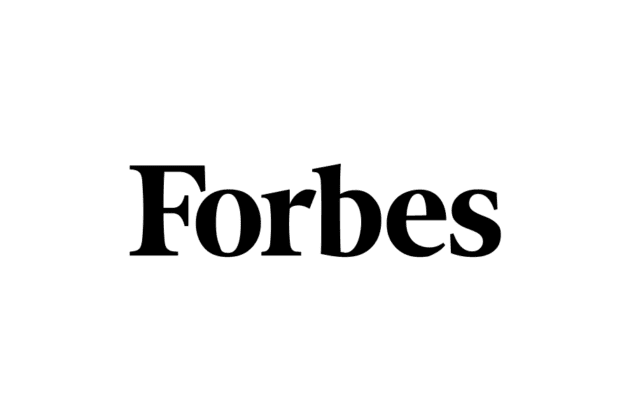In the past, artificial intelligence (AI) was imagined as something to be feared rather than embraced, especially with the rise of automation eliminating the need for once technical work processes to be done by hand.
But nothing could be further from the truth. In reality, AI is working behind the scenes to help employees perform their jobs better, not take jobs away from them.
According to HRM, HR-related AI systems that use predictive algorithms and machine learning are increasingly used by HR professionals “to build more engaged, productive and efficient workplaces.”
HRM spoke with Nick Bailey, Senior Vice President — Asia Pacific & Japan at WorkForce Software, to talk about how business leaders can leverage AI to spot high levels of emotional exhaustion amongst their workforce.
Bailey explains how technology can help “proactively identify signs of employee burnout, distress and lower job satisfaction” by surfacing insights on time and attendance, rostering data and preferences, and employee sentiment.
“Time, attendance and rostering data can indicate if an employee is dissatisfied at work—say, if the data shows they’re repeatedly showing up to work late with no previous pattern of tardiness, or if their roster is frequently changed by management less than two days before a shift, or if they’re being asked to work additional unwanted weekends,” says Bailey.
These advances in technology can help HR teams make data-informed decisions that improve employee’s experiences at an organisation.
“Employers who don’t invest in technology to enhance the employee experience and use every data-informed opportunity to boost job satisfaction simply risk losing more staff – and stoking the flames of national burnout,” says Bailey. “The Great Resignation can stop with better AI.”




